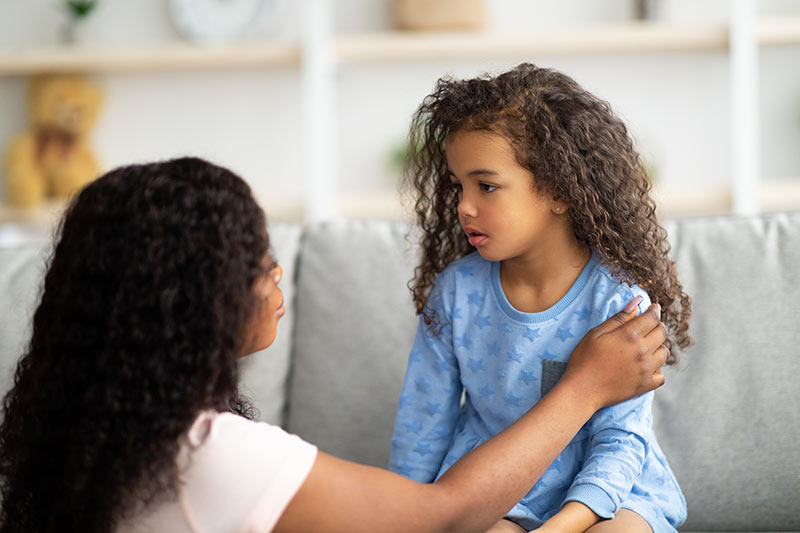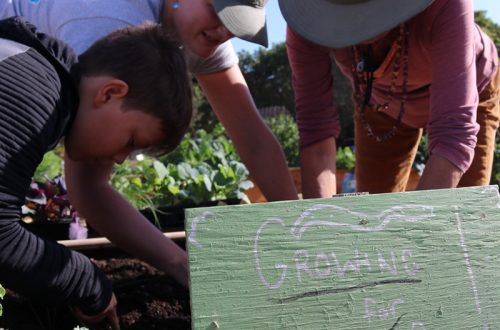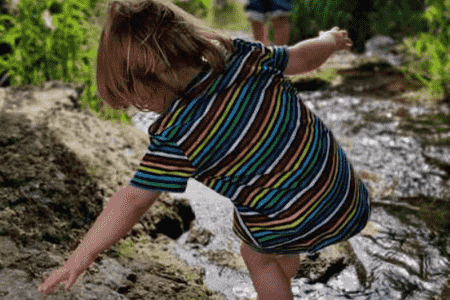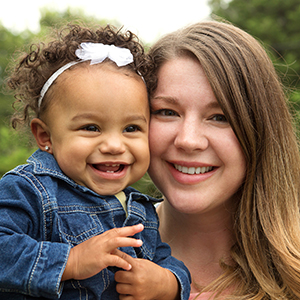When I talk about the parenting classes I teach using the Positive Discipline approach, parents are shocked to hear that the style of parenting I advocate for does not include punishment or rewards.
This seems like a horrible idea to most parents…but it’s not! In fact, not choosing punishment or rewards as parenting tools and instead focusing on discipline is a pathway to create incredibly responsible, respectful adults who call their parents to chat and stay connected to their families. Isn’t that what we all want from our kids?
In last month’s edition of Growing Up in Santa Cruz, a Positive Discipline colleague of mine, Hannah Stubblefield, explored how punishment can get results but also can backfire, creating more power struggles, and more disconnection in the parent/child relationship. In this article, we will turn to what is more effective in the long run, not the short run.
Definition of Discipline
Discipline is focused on guiding and teaching. The root word is “disciple”– to be a student. Parents take on the role of teacher/guide with understanding and compassion for their children who have much to learn and many years to develop into their full potential. When parents respond to misbehavior in a disrespectful, angry, shaming, and blaming way, the important lesson will be lost. “I know I shouldn’t have done that,… but Mom was so mean!”
Description of Discipline
- It is a consistent practice, provides structure, and involves accountability that is kind AND firm, done with connection maintained and boundaries held
- It puts kids in the role of being responsible for their behavior, not the adult
- It is designed to help children LEARN effectively long-term for the future, not PAY for their past mistakes
- It develops the “internal locus of control” (looking within to decide good choices) not the “external locus of control” (looking at what I can get away with)
- It invites parents to see disobedience as an opportunity for children to learn boundaries and life/social skills versus seeing disobedience as alarming signs of a bad child
- It helps move from problem-naming to problem-solving
- It allows the lesson to be highlighted because the adult remained respectful and fair
If you are like most of us, this kind and firm model is not the norm. It is hard to know what it looks and sounds like. We fall into becoming our harsh parents, saying those things we thought we’d never say. Or we go too far in the other direction and we lack boundaries or walk on eggshells around our kids. Here’s a guide to help you stay kind and firm with discipline.
Nuts and Bolts
When faced with challenging behavior and assessing how you will respond to it, practicing discipline means getting a “Yes” answer when asking these questions
Is it Related?
NO: Disruptive behavior at dinner means no TV time later
YES: Removal from the dinner table
Is it Respectful?
NO: Yelling, shaming, “Stop it right now! You know better!”
YES: Neutral, clear tone of voice focused on the issue. “I’m stepping in to stop you.”
Is it Reasonable?
NO: Permanent removal of a privilege. “I’m selling your toys.”
YES: Temporary restrictions, with opportunities to re-earn privilege “These toys will be packed away. When you can show me you can follow through on our agreements about cleaning up with other things, I’ll return the toys and you can try again.”
When possible, Is it Revealed in advance?
NO: Deciding consequence during an angry moment. “That’s it! You’re going home!”
YES: Before entering a challenging situation, state expectations and actions that may follow. “I expect you to stay at the table while we’re at the restaurant or we will go home even if you aren’t finished.”
Is it Helpful?
NO: Write “I will never do that again,” 20 times.
YES: Cleaning the mess that was made. “Here’s a broom to sweep up the food you spilled.”
I am not suggesting following the pathway of Positive Discipline is easy. The knee-jerk reaction of punishing is easier, done without forethought. Walking a conscious parenting path focused on thoughtful, respectful responses is intentional work. But it is worthy work, with a grand payoff: life-long healthy relationships with our kids. Isn’t that what we all want?
Colleen Murphy is a credentialed Adult School teacher, a Certified Positive Discipline Educator and Trainer at www.pdcrcc.org a parent coach at fromtheheadtotheheart.com and in healthy relationships with her two grown kids. Her next series of classes for all ages will be at Cabrillo in Oct. Free! To register: bit.ly/CabrilloPositiveDiscipline.








